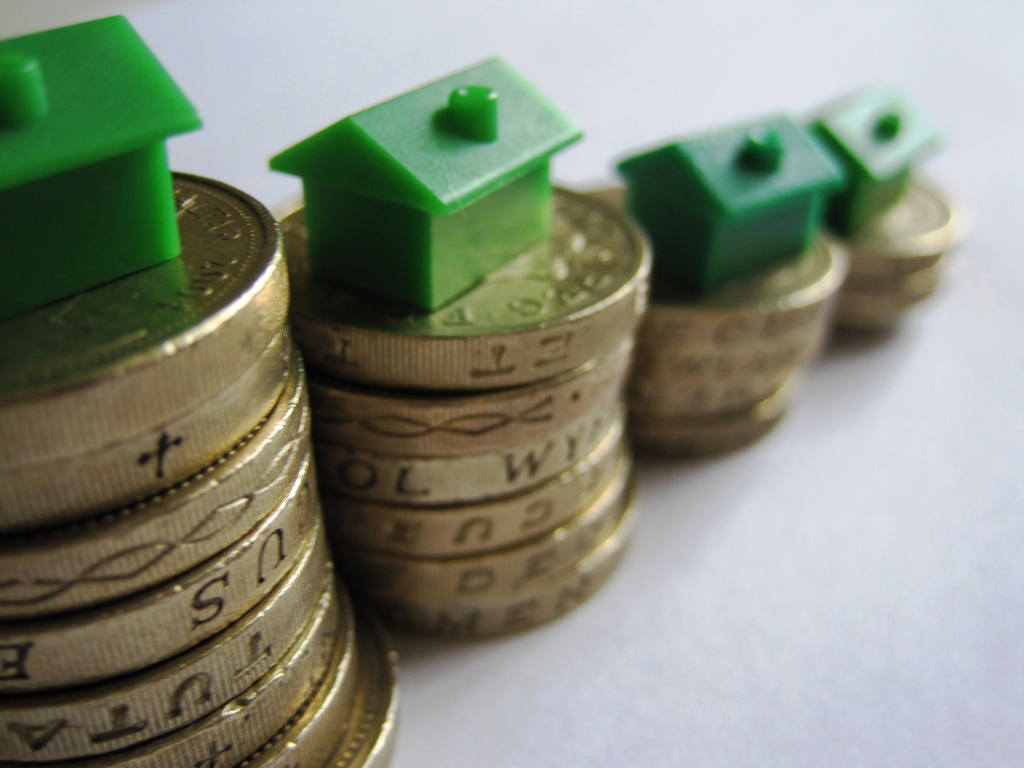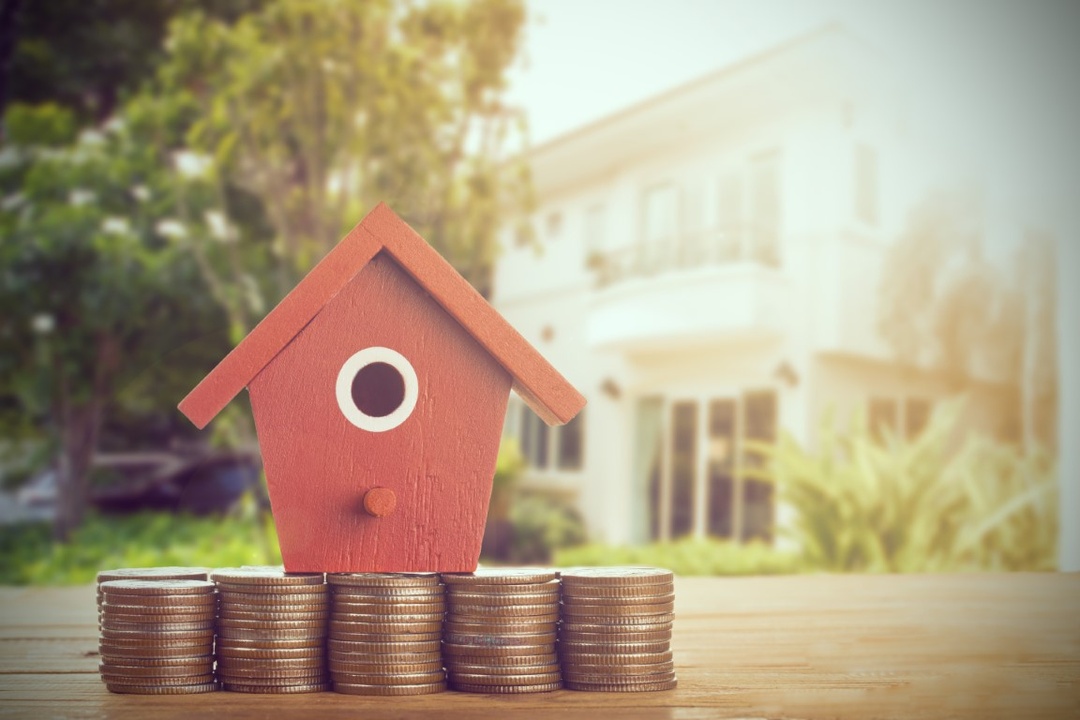
 Pricing your home is a delicate situation, one that is best navigated by a real estate professional. A house is one of the largest sales you will likely make in your lifetime, and also one of the most emotional sales you are likely to make. You’ll want to make the most you can off of your sale, however, you and your agent must be wary of the pitfalls involved in pricing your home too high. What many people don’t realize is that pricing your home too high initially may end up getting you less for the house than if you would have priced it appropriately in the first place!
Pricing your home is a delicate situation, one that is best navigated by a real estate professional. A house is one of the largest sales you will likely make in your lifetime, and also one of the most emotional sales you are likely to make. You’ll want to make the most you can off of your sale, however, you and your agent must be wary of the pitfalls involved in pricing your home too high. What many people don’t realize is that pricing your home too high initially may end up getting you less for the house than if you would have priced it appropriately in the first place!
We interviewed Real Estate Experts at HomeCity Real Estate, who tell us that it’s very common to receive multiple offers – often above list price – on an appropriately priced home vs. an overpriced home. Sellers see the value in their home beyond its standard market value. They see the money they have recently put into renovations, or its sentimental value. A buyer won’t see these things, so it’s important to price according to the homes actual value based on comparables.
Paying attention to the market you are entering is the first step when properly pricing your home. If you’re in a sellers market you can get away with pricing your home a bit higher than if it’s a buyers market. “It seems obvious to find out how the other homes around you were priced when they sold, but a dangerous oversight is not knowing where your current competition stands in terms of both price and days on market,” says Lambert. “This will give you an indication of your market conditions. If comparable homes in the past 90 days were selling for $200 a square foot within just a couple of days, but now homes priced at or just under $200 a square foot have been sitting for a few weeks, you know that your market is softening. You know that your buyer pool is no longer willing to pay that, plain and simple.”
Lambert advises that sellers pay attention to market conditions in their area and price their home accordingly. Why is this important?
1. Pricing your home too high can scare off buyers. Most buyers should be working with a real estate agent, and most agents can tell right away if a home is overpriced. Agents will look at comparable homes in the area and if your home is priced significantly higher than those, it will throw up red flags.
“Buyers don’t generally like to make offers on overpriced homes,” says Lambert. “They certainly don’t want to offer more than they think it is worth, but ‘lowballing’ is out of the question as they worry about offending the seller or embarrassing themselves. They assume that if the seller was actually willing to take less then they would have priced it for less to begin with.”
2. Your home will take significantly longer to sell if it is overpriced. In real estate, time is your enemy. One of the first questions a buyers agent will ask, is ‘how long has this property been on the market?’ Even if you are in no rush to sell your home, or think that you can drop the price later, please be advised that it is unwise to let a property accumulate days on the market.
“Statistically speaking, a listing sees four times the amount of traffic in the first two weeks of being on the market than it will for the duration of its time on market,” says Lambert. “This is why these first 2 weeks are critical! If your home is priced too high, you risk missing out on that initial traffic surge, resulting in the home being on the market for longer than it needs to be.” Lambert warns that once a listing has been on the market for a certain amount of time, “there’s the stigma of being a ‘stale’ listing. When a house has been on the market too long - particularly when others are selling - buyers assume there’s something wrong.”
3. Your property will drop from online search results if not priced accordingly. Buyers often times begin their home search online, and will usually use their budget as search parameters. Many times, pricing your home above their capped budget will cause them to miss your listing! For example, you want to sell your home for no less than $300,000. You price your home at $320,000 with the belief that people will try to haggle with you. What clients sometimes don’t realize is that a buyer with a budget of $300,000 will not see this listing, because their search will often say something like ‘homes priced up to 300,000’. It would be wiser to price your home at $299,000 and wait for the offers to pour in. If your home is priced accordingly, you should have several offers to choose from, and should likely end up getting more than $300,000 for your home.
“According to the 2015 NAR report of homebuyers in America, a full 80% of buyers found their home online and that number moves up to 84% for the under 35 set, representative of our largest share of buyers,” says Lambert. “You want to make sure your listing is visible to as many of these potential buyers as possible to maximize the chance of you selling for your asking price.”
4. An overpriced home will likely have appraisal issues. An appraisal happens when a buyer needs to take out a mortgage to pay for their purchase. The bank loaning them the money will order an appraisal to ensure that the home is worth what they are loaning them to pay for it. The bank will not give the buyer money to buy the house if its appraisal value is noticeably lower than the sales cost.
“Appraisal issues! They have been a thorn in the side of many a Realtor for the past 24+ months, and low appraisals can be the kiss of death to the sale of your home,” warns Lambert. “Even if your buyer pool could see the ways in which your property is superior to your less expensive competition, it is likely that the much more risk-averse appraiser will not. Buyer’s agents know this, which means they simply won’t bother showing your home. Please understand that each neighborhood has its own “acceptable” [price] range regardless of how many updates you’ve made and what they cost you.
Hiring a knowledgeable real estate professional is imperative, as pricing a home appropriately is an art. Be aware of the price similar homes in your neighborhood are selling for, and price for the market you are in. Keep up to date with market trends, and remain educated on the pitfalls of overpricing to enjoy a smooth sale!










